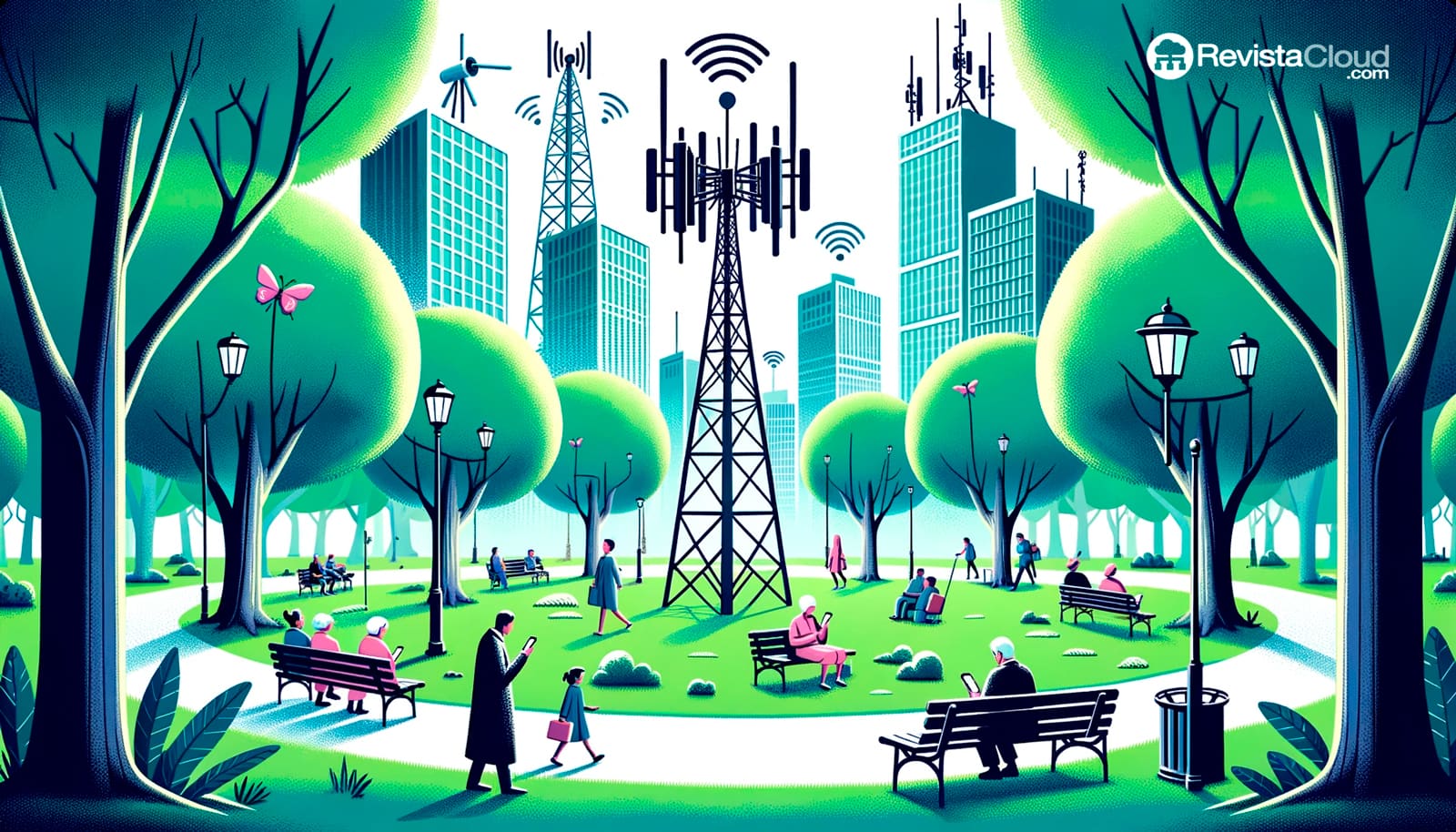Major executives from large European telecommunications companies have once again expressed their concerns about the state of the industry in Europe during the MWC Barcelona 2025. In a pessimistic tone, Deutsche Telekom CEO Timotheus Hoettges compared the situation to “Groundhog Day,” referring to the constant repetition of the same problems with no solutions in sight.
In a joint session with executives from Orange, Vodafone Group, and Telefónica, newly appointed Telefónica Chairman and CEO Marc Murtra opened the day with a clear message: Europe has lost its technological leadership to giants from the U.S. and China.
An Unsustainable Model: Excessive Regulation and Fragmentation
Murtra recalled that 25 years ago, Europe was leading technological innovation, but now, the large tech corporations that drive change are monopolies based in the U.S. and China.
“Excessive regulation, market fragmentation, and lack of profitability have sunk Europe in the tech race,” Murtra warned. “Meanwhile, this has not happened in the U.S., the Middle East, or Asia.”
Executives reiterated recurring issues in the sector, including:
- Excessive regulation in Europe, which hinders investment and expansion for operators.
- The need for consolidation, potentially reducing the number of operators in each market to improve competitiveness.
- The contribution of large tech companies to infrastructure, requiring firms like Google and Meta to help finance the networks they utilize.
- Longer spectrum licenses, allowing for long-term investment planning.
Vodafone: Europe Fails to Scale Its Innovations
On her part, Margherita Della Valle, CEO of Vodafone, emphasized that Europe has talent and innovation capacity, but the problem is how to scale those innovations.
“We are innovating; the question is where our innovations are being scaled. And that’s where we need a different investment environment,” Della Valle stated.
As an example, she mentioned Vodafone’s recent investment in the UK following the approval of its merger with Three UK, highlighting the need for more opportunities to create scale in Europe.
“Copying the U.S.”: Deutsche Telekom’s Message
Hoettges was blunt in his diagnosis: Europe must follow the U.S. model.
“There’s no reason for each market to operate with three or four operators. We should build a single European market,” he asserted.
The executive emphasized that if price increases for consumers are not allowed and streaming platforms and other digital services (OTT) are not charged, operators will only be able to achieve efficiency through scale.
Regarding the advancement of 5G Standalone, Della Valle acknowledged that Europe is not only lagging behind the U.S. and China, but also compared to middle-income and small countries. She warned that this situation threatens high-quality digital connectivity, a fundamental pillar for economic growth.
Artificial Intelligence as an Opportunity for Europe
Despite the pessimistic tone, executives also pointed out opportunities in the sector. Christel Heydemann, CEO of Orange, highlighted the role that European operators can play in the evolution of artificial intelligence (AI).
While large investments in AI language models are concentrated in the U.S. and China, Heydemann stated that Europe can play a key role in edge computing, where AI runs closer to the user, reducing reliance on the cloud.
“Who will be the secure platform that combines the best of the cloud and the edge? Us,” she said, underscoring that European operators are well-positioned to offer secure platforms that integrate both technologies.
An Uncertain Future for Telecommunications in Europe
As MWC25 progresses, European operators continue to demand structural changes to prevent the continent from losing even more ground in global competition. Although artificial intelligence offers an opportunity for the industry, the lack of consolidation, regulatory hurdles, and market fragmentation remain difficult obstacles to overcome.

